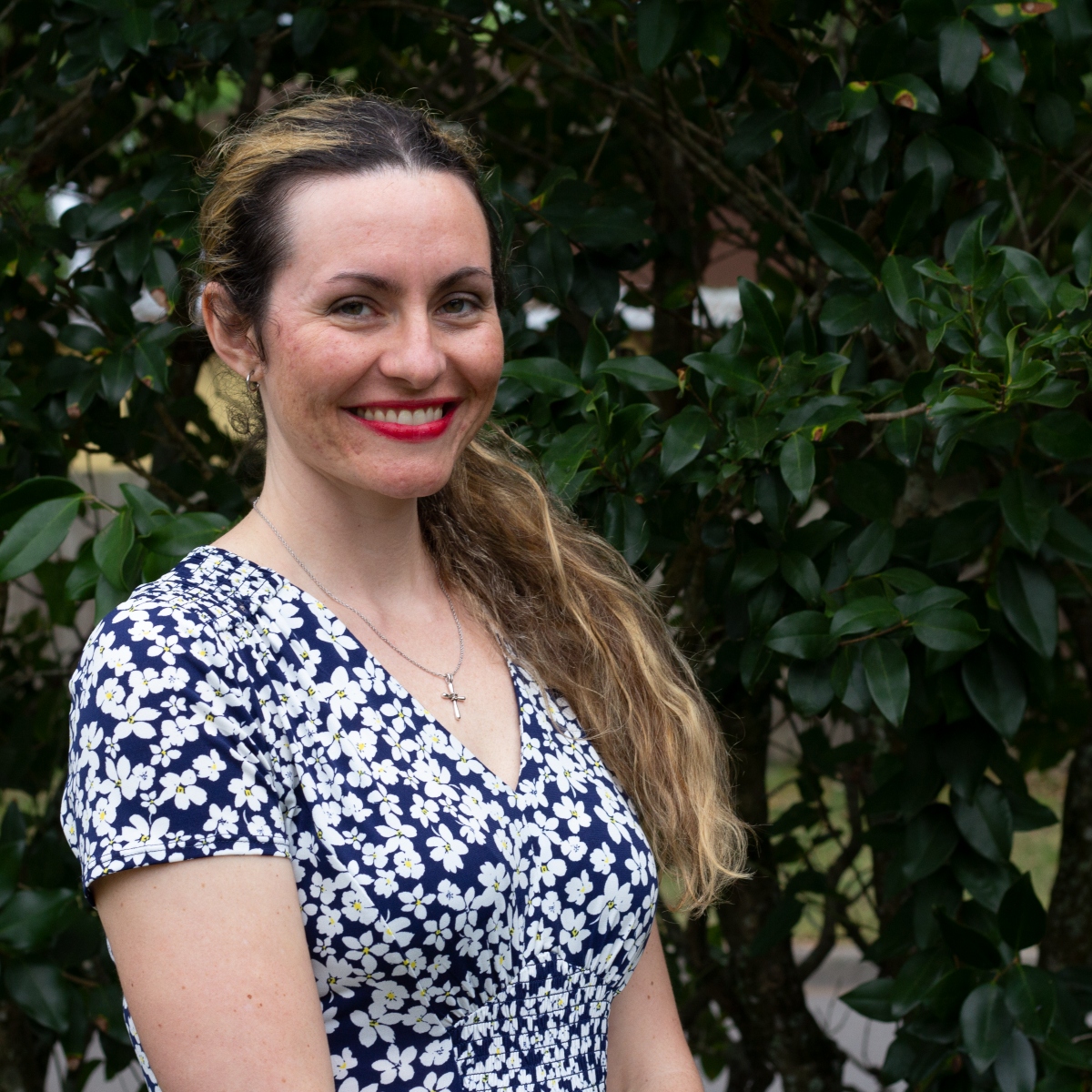5 Life Lessons from Arguments Between Women in the Bible

You see it all the time on television: women getting into arguments and fights, sometimes as crowds gather and cameras roll.
Women in conflict are often seen as catty, dramatic, and juvenile, especially with how some women can hold grudges. Even the Bible has several examples of women fighting with one another over a variety of things – though usually it revolves around children.
Yet, what we don’t realize in reading these stories is that we can actually learn some important truths from these conflicts, and not the “belief” that all women are difficult and constantly at odds with one another.
From Sarah and Hagar to King Solomon’s story of two women fighting over a baby, how these conflicts were resolved presents us with faith-based lessons we can apply to our own lives when we experience conflict.
Sarah and Hagar
One of the first conflicts between two women occurred in Genesis 16-23 between Abraham’s wife Sarai (later Sarah) and her maid servant Hagar. Sarah and Abraham were promised by God that they would have a child in their old age. But Sarah, believing it wouldn’t happen, convinced Abraham to sleep with her maid servant Hagar to have the promised child from God. They conceived Ishmael and raised him as their child until Sarah became pregnant with God’s promised, Isaac.
The conflict between Sarah and Hagar arose over this lack of sound judgment and impatience. Sarah’s impulsive choice to have Hagar bear Abraham’s son led to animosity between the women. This intensified when Isaac was born, and Sarah pushed to have Hagar and Ishmael removed from their home.
What we can learn from their story is that we must wait on the promises of God and not try to make them happen on our own terms. Even though God took care of Hagar and Ishmael, if Sarah and Abraham had waited for His promise to emerge, this conflict could have been avoided.
Rachel and Leah
The conflict between sisters Rachel and Leah, in Genesis 29-36, really began when their father Laban deceived their husband Jacob. In love with Rachel from the moment he saw her, Jacob bargained with Laban to work seven years to marry Rachel. But on the wedding day, Rachel’s sister Leah was given to Jacob instead without him knowing. Jacob then had to work another seven years in order to have Rachel’s hand.
The conflict arose from a common need and desire among women of that day: having children. Rachel struggled with being barren while Leah birthed son after son. This even led Rachel to demand Jacob give her a child, or she would die. However, even when Rachel had her sons, Joseph and Benjamin, the conflict never was resolved for the two women.
The lesson we learn from their story is that comparing our journeys to one another never benefits anyone. Even if others have things or experiences that you would love to have, comparing what they have and what you don’t have will always lead you to feel less than blessed. God’s blessings and plan for your life are worth the wait, as we learned in Sarah and Hagar’s story.
Hannah and Peninnah
Many women who struggle with infertility look to the hope and encouragement found in Hannah’s story. Hannah was one of two wives to Elkanah, and she was constantly bullied about her barrenness by Elkanah’s other wife, Peninnah, who was plentiful with children. However, there are two sides to this argument. Peninnah was speaking out of sadness as she saw Elkanah dote on Hannah in her grief. Because of this, Peninnah took her hurt feelings out on Hannah.
Despite Peninnah’s treatment, Hannah kept the faith and petitioned God at the temple to bless her with a child, which she promised to return to Him in service. God answered her and blessed her with a healthy son, Samuel, and many other children afterward. This renewed not only Hannah’s faith, but also those of us who read her story today. We learn that when someone is bullying us, it usually is from a place of hurt and that we should take our words to the Lord in prayer instead of throwing them against someone hurting us.
Naomi and Ruth
The story of Ruth is another beloved treasure of the Bible, found in the book of Ruth. In this story, Ruth and her mother-in-law Naomi experience a slight conflict when Naomi tries to encourage Ruth to find a new life after both of their husbands passed away. Ruth’s refusal to leave her, even following her back to Bethlehem, caused a bit of an uncomfortable moment between the women.
However, Ruth believed she needed to go with her grieving mother-in-law, wherever she needed to go to next. Ruth stood firm in her decision, even though Naomi did all she could to convince her to stay. Thankfully, their conflict ended on a peaceful note as Ruth took care of Naomi and later met and married Boaz, her future husband. Naomi then became part of the lineage of King David from her grandson.
What we learn from their conflict is if someone feels God has called them to help, it is probably true. If you are called to help someone, it is best to follow through on God’s promptings. You never know where God will lead you next.
The Two Women and King Solomon
One of the most recognized biblical conflicts between two women is from 1 Kings 3:16-28, where King Solomon had to determine the true mother of an infant boy. Two women were fighting over whose baby it was. This started after one of the women (not the boy’s mother) had a child who died and she tried to claim this boy as her own.
King Solomon was asked to weigh in on the conflict. He suggested splitting the boy in half and giving each woman a half. While the woman who wasn’t the boy’s mom said to go ahead and cut the child, the real mom said to stop and that she would give the child to the other woman to spare his life. King Solomon concluded that the real mom was the one willing to save his life by giving him away.
What we learn from this conflict is that even in the heat of an argument, if it means someone might get hurt, then it’s not worth fighting to prove yourself right. It is better to be the bigger person and end the conflict if it is leading nowhere. In the case of the two women, the one woman sacrificed her opportunity to raise her son to keep him alive; she ended the conflict, even though she was in the right. This showed King Solomon that she was being the bigger person.
Conflicts are unfortunately something that we regularly deal with in our lives. These women of the Bible in conflict have shown the range of situations that can lead to an argument. However, even in these conflicts can we find important lessons. Whether it is taking our concerns to the Lord like Hannah, waiting on the Lord’s direction like Sarah and Hagar or Rachel and Leah, and even realizing when it is better to stop an argument (even if it doesn’t end in your favor) like Naomi and Ruth or the two mothers, God shows us that conflicts can teach us better ways of growing in our Christian walk.
Photo credit: ©Getty Images/urbazon

Originally published August 12, 2024.







